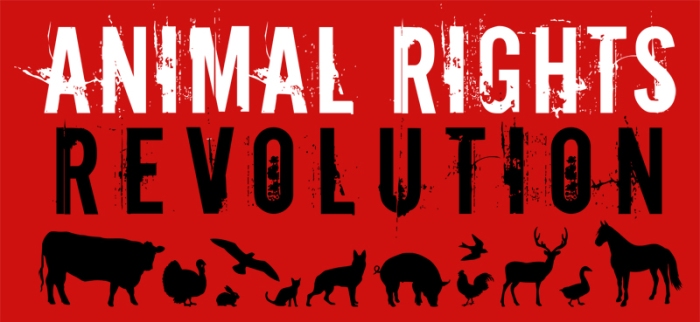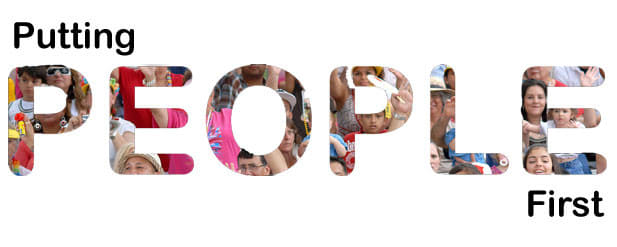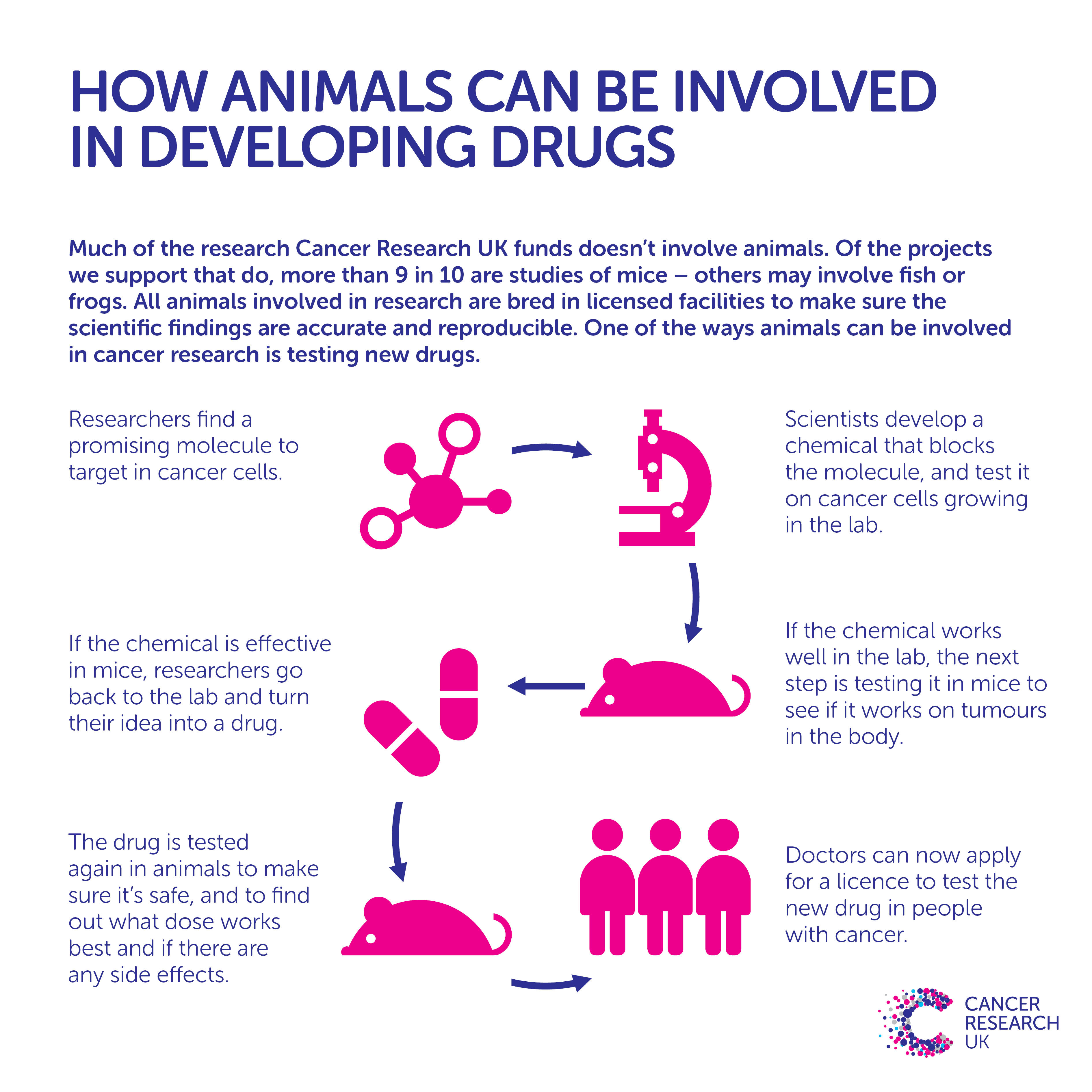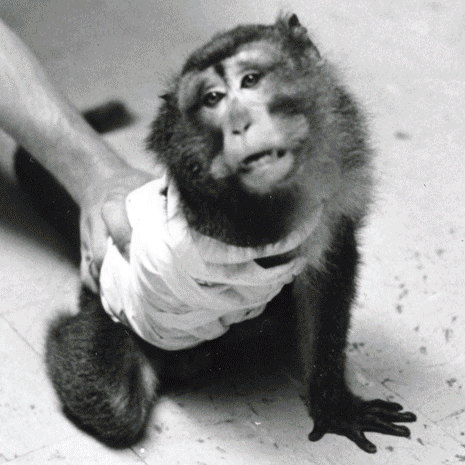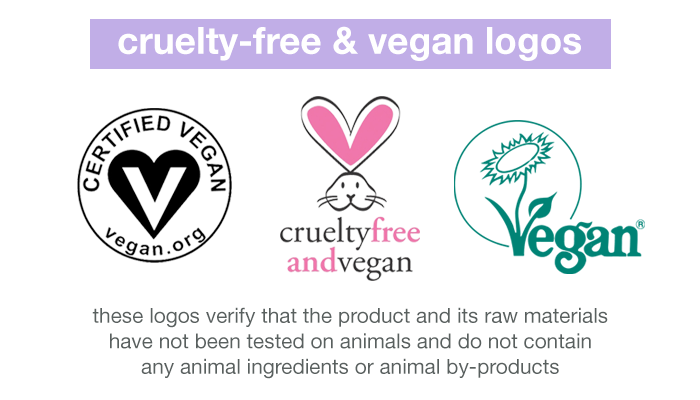This week I am continuing to read Monkey Business by Kathy Guillermo. Last week I had read up to page 106 and as of today, I am on page 163. As I mentioned in my Quater One Plan Blog, I have chosen books on the topic of animal rights and animal cruelty. Monkey Business, in particular, has to do with the main case that launched the animal rights movement, the Silver Spring monkeys. The case is about the macaque monkeys that were used in experiments such as Deafferentation, or the elimination or interruption of sensory nerve impulses by destroying or injuring the sensory nerve fibers, inside the extremely unsanitary and cruel Institute for Behavioral Research, in Silver Spring Maryland. As the book has progressed I have been introduced to many people who were involved with not only the case itself but also people who have contributed to the movement towards animal rights. Of the people, I have been introduced to throughout my readings some of the people who have stood out to me are Alex Placheo, Ingrid Newkirk, Lori Lehner, and finally Neal Barnard whom my quote happens to be about. Barnard was a graduate of George Washington University Medical School in the District of Colombia. Because he was a medical student there were many things that required either medical testing or dissection and he often would opt out of such things. Barnard would later practice at St. Vincent's Hospital in New York before he returned to George Washington University to work. Around the same time he started working at George Washington University, he founded the Physicians Committee for Responsible Medicine. Barnard first heard about the case when he saw anti-fur protestors and decided to help. The demonstration was when he met Ingrid Newkirk, the founder of People for the Ethical Treatment of Animals (PETA), and subsequently learned about the Silver Spring Monkey case.
Quote
"[Bardard] couldn't escape his feeling that something could be done, that he could do something about the incredible suffering of animals in research laboratories" (Guillermo 154)
Neal Barnard, as I began to explain in my previous paragraph is a man who is in the medical field but often found his younger self-questioning the standard treatment of animals in laboratories. When he was still a student he would not partake in some cruel experiments that had to do with animals. One experiment in particular that he sat out of was a lab on stray dogs that included drugging them and eventually, the dogs would die. Although this bothered him from the beginning he came to realize that any suffering he induced on animals such as mice and birds, was just as bad as causing a dog or a cat to suffer. His realization that all animal suffering is unjust and cruel he realized that there had to be something that he could do to make a difference. In efforts to make a difference in the suffering animals endured, he created the Physicians Committee for Responsible Medicine.
I chose this quote because much like Barnard I also feel that I have the ability to make a difference when it comes to the treatment of animals, and animal rights. Although it is difficult for me to have as large of an impact as he did, I still try to have a positive influence in the movement to improve the lives of animals in testing facilities around the world. My dedication to making a difference is mostly shown through my use of products and my clothing choices. Most if not all of my clothes are vegan, and all the products that I use on a daily basis, such as soaps, lotions, and makeup, are also vegan. Even though I have not started a committee dedicated to ethical medical practices in laboratories, my dedication to only buying vegan products is a step towards achieving rights for animals in the laboratories.
Here are some of the vegan brands I use to do my part in fighting animal cruelty in laboratories:
If you are interested in finding out what companies are cruelty-free and vegan you here are a few resources for you.
Citation for the book Monkey Business
Guillermo, Kathy Snow. Monkey Business. National Press Books, 1993.

